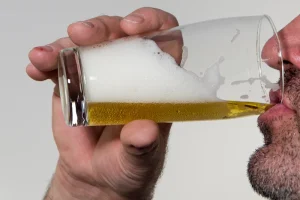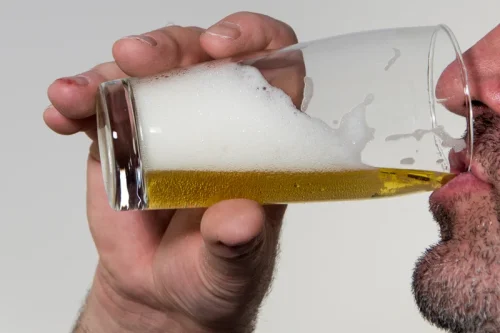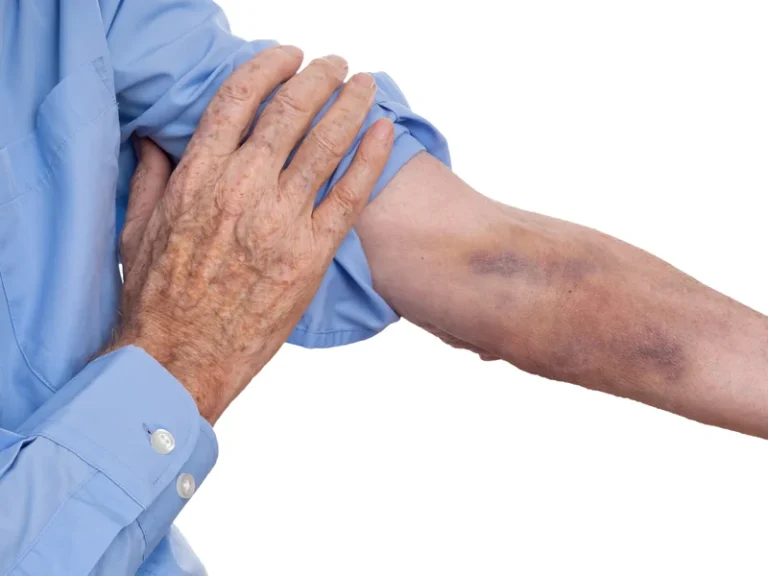PTSD Symptoms, Emotion Dysregulation, and Alcohol-Related Consequences Among College Students with a Trauma History

This method uses open-ended questions, reflective listening, and affirmation to promote a supportive and respectful dialogue between the client and therapist. A study highlights that motivational interviewing has been effective for 75% of ptsd alcohol blackout participants, specifically for addiction treatment. One study indicates that this therapy had a success rate of 61% to 82.4% in PTSD sufferers.
Co-Occurring Disorders
If you’re experiencing a blackout or brownout, you’re at higher Alcoholics Anonymous risk for falling, injury and unwanted or unsafe sexual experiences. A person who is blacked out may also throw up while sleeping, which could lead to an increased risk of choking or suffocating. So-called blackouts and brownouts can lead to temporary and even permanent memory loss. Not to mention, they can put you in danger of serious harm in the moment when you’re not quite sure of your surroundings or what’s happening. You could be having a blackout and seem completely coherent to others around you. A common experience after having a blackout is hearing stories about your behavior and having absolutely no recollection of it ever occurring.
- The key is to help one confront and gradually diminish fear and avoidance behaviours related to PTSD.
- While alcohol may provide temporary relief, it can worsen PTSD symptoms in the long run.
- Ark Behavioral Health offers 100% confidential substance abuse assessment and treatment placement tailored to your individual needs.
- The higher the amount drank during a binge drinking session the higher the severity of memory loss.
Treatment Can Be Life Changing. Reach out today.
Studies have shown that young adults under the age of 25 are particularly vulnerable to experiencing blackouts. Additionally, blackouts may occur at far lower thresholds among younger populations. That’s largely because the parts of your brain responsible for decision-making aren’t fully matured until around age 25.
What are 4 effects of alcohol on the brain?

Contact us for https://ecosoberhouse.com/ more information about our approach to trauma treatment. Sample 2 data were derived from a larger alcohol intervention trial conducted at two public, four-year universities. Undergraduate students reporting 1+ heavy drinking episode (4/5+ drinks for women/men) in the past month were randomly assigned to one of three feedback groups. Assessments were completed in person at baseline and from remote locations at 3 and 6 months. Of the 603 participants who completed the baseline assessment (47% male, 39% White; see Table 1), 91% completed the 3-month assessment and 90% completed the 6-month assessment.

PTSD anger blackouts deserve special attention due to their potential impact on relationships and daily functioning. During these episodes, individuals may experience intense anger or rage, accompanied by a loss of control and subsequent memory loss for the duration of the outburst. These blackouts can be particularly distressing for both the individual and those around them, often leading to feelings of guilt, shame, and confusion. Before you can understand how to control PTSD blackouts, you need to understand what’s causing them in the first place.
- Although alcohol-related consequences helped explain the association between blackouts and symptoms of depression in this sample, the mechanism(s) linking alcohol-related consequences to symptoms of depression are unclear.
- Blacking out feels like experiencing a gap in memory, where the person cannot recall events, conversations, or actions that took place during the period of heavy drinking.
- We provide individuals all over the country with the opportunity to achieve the gift of lasting sobriety.
They can provide specialized assessment and tailored treatment to address your unique needs and challenges. One 2022 review investigated the effectiveness of psychological interventions, such as exposure-based therapy and CBT, for people with adverse childhood experiences at risk of PTSD and SUD. People with both conditions often report experiences of repeated childhood sexual and physical abuse and have complex treatment needs. CPTSD is a subtype of PTSD that develops in response to prolonged, repeated traumatic experiences, typically lasting months or years. Many people with complex PTSD use alcohol to self-medicate, which may lead to alcohol use disorder (AUD). Whether it’s navigating career challenges, personal struggles, or global events, life is often unpredictable.


